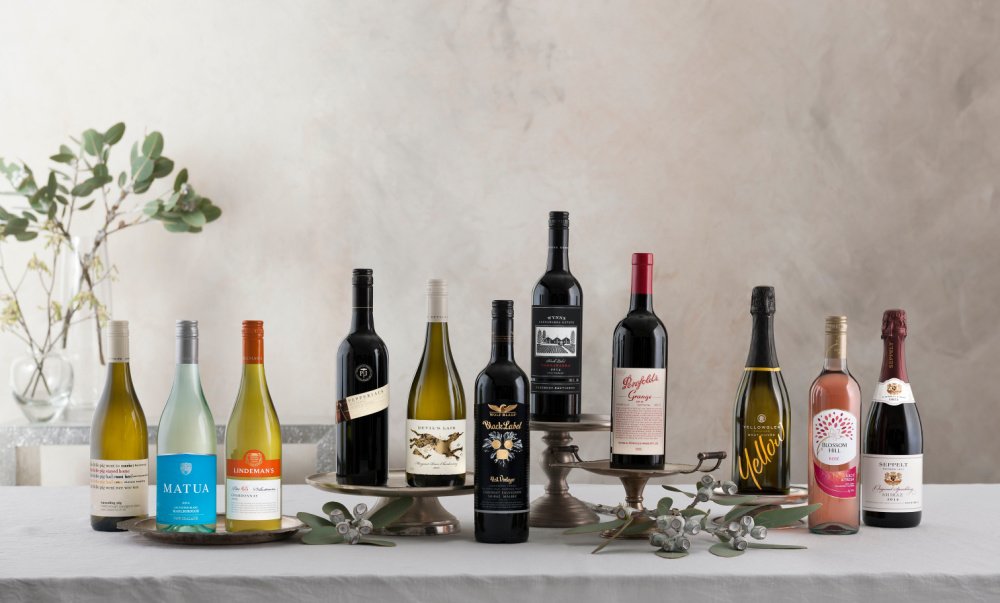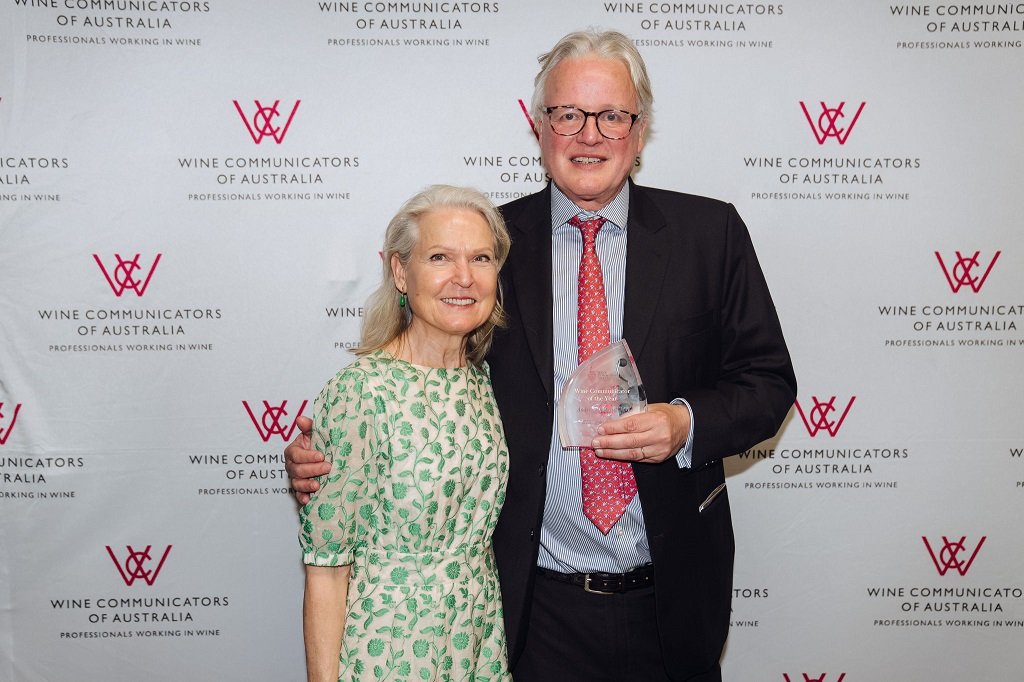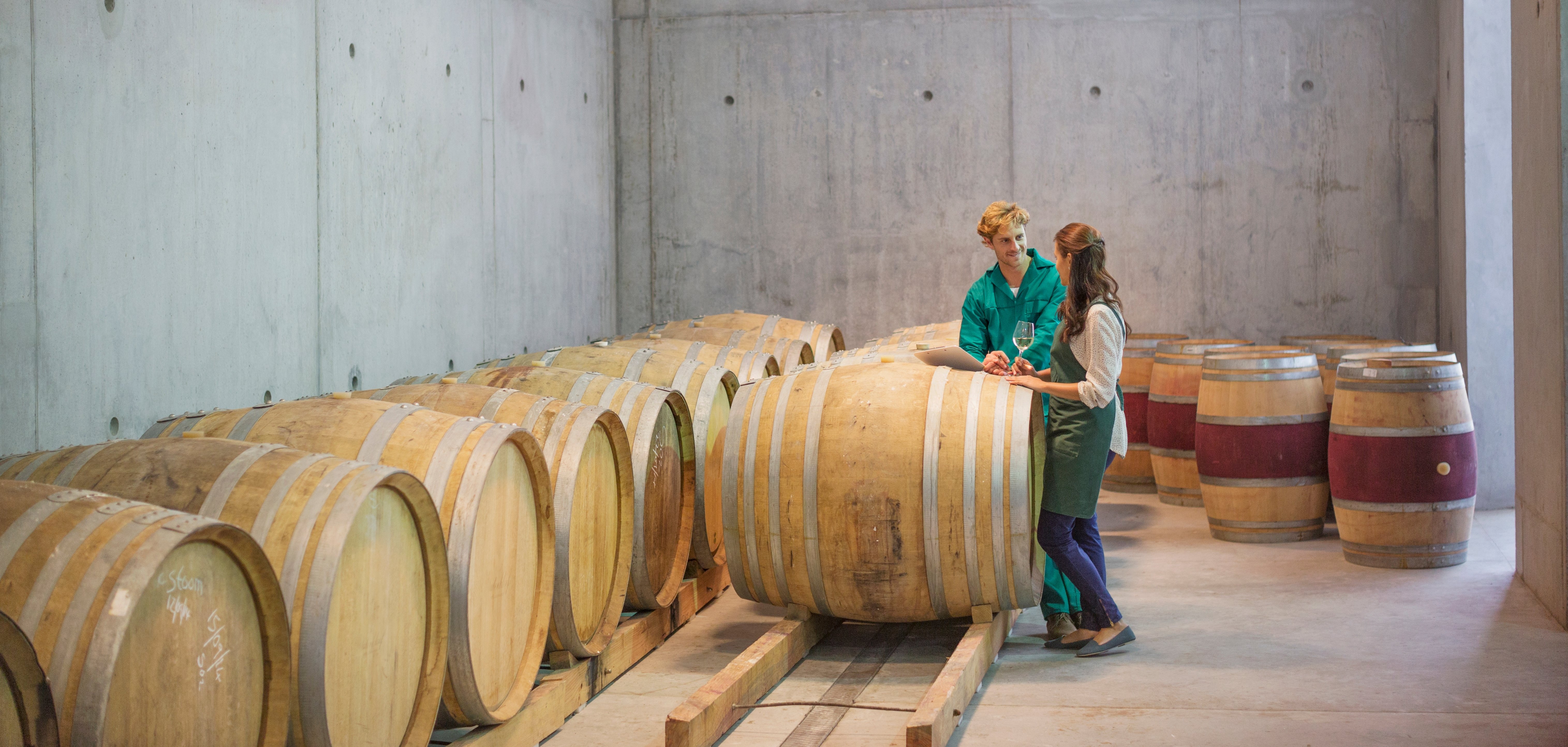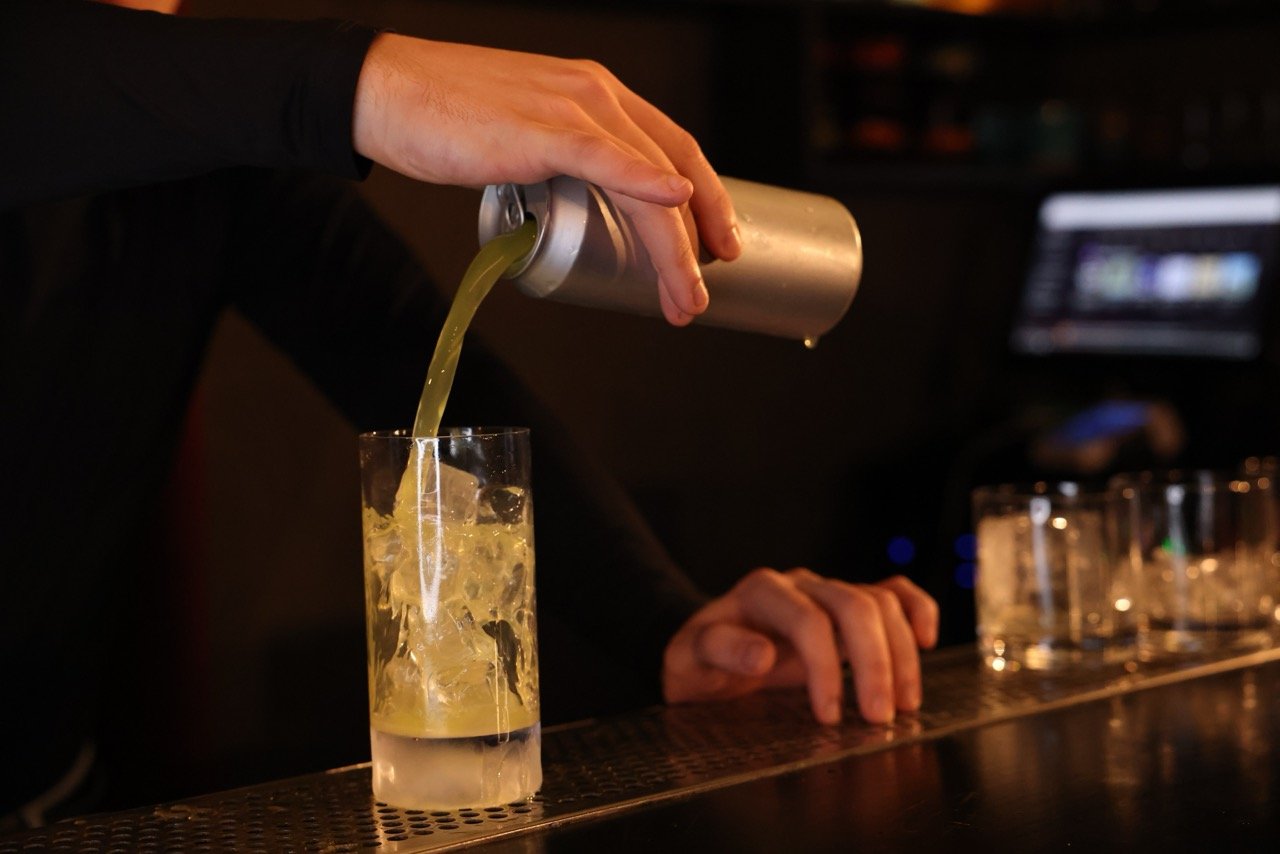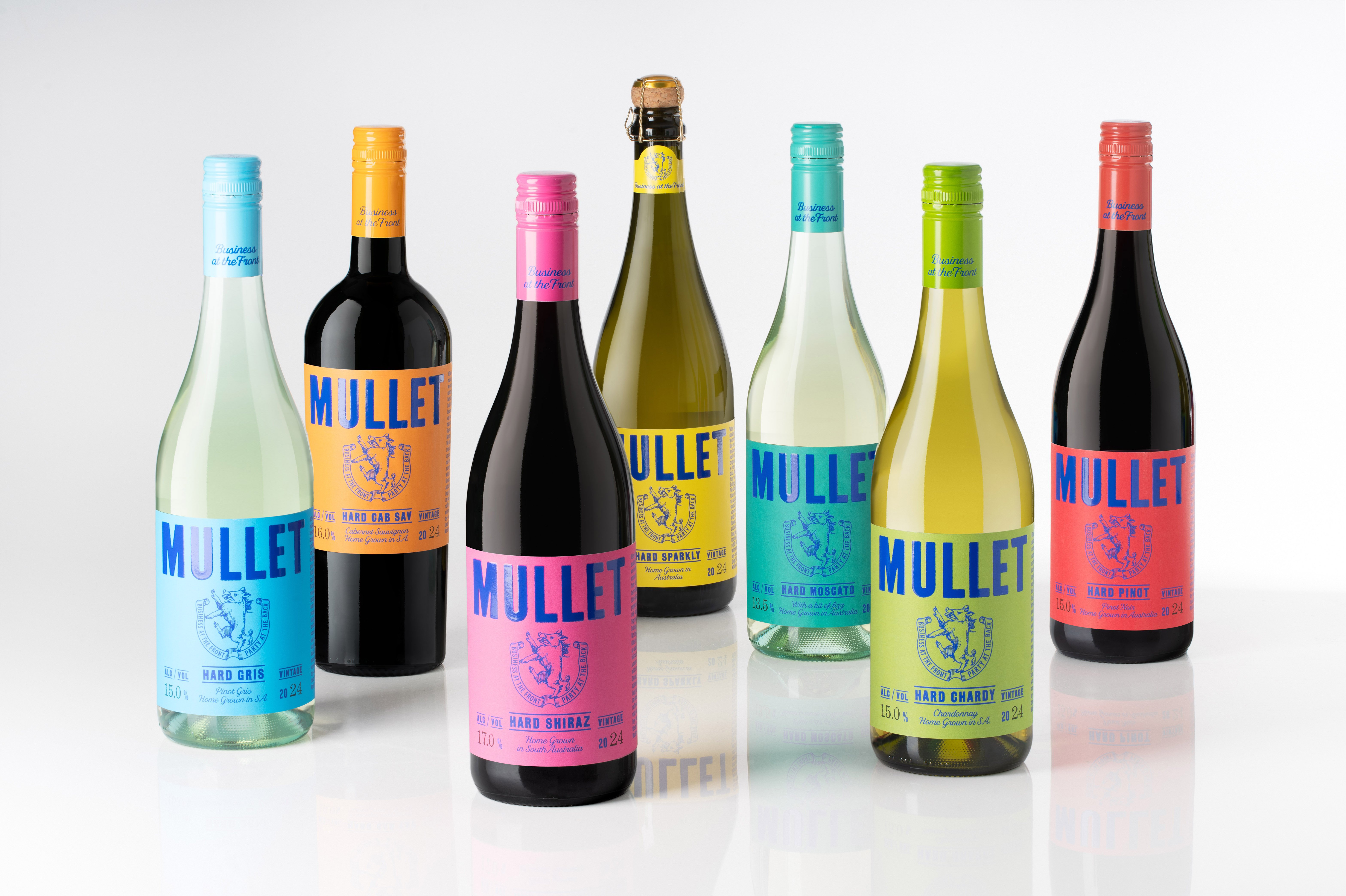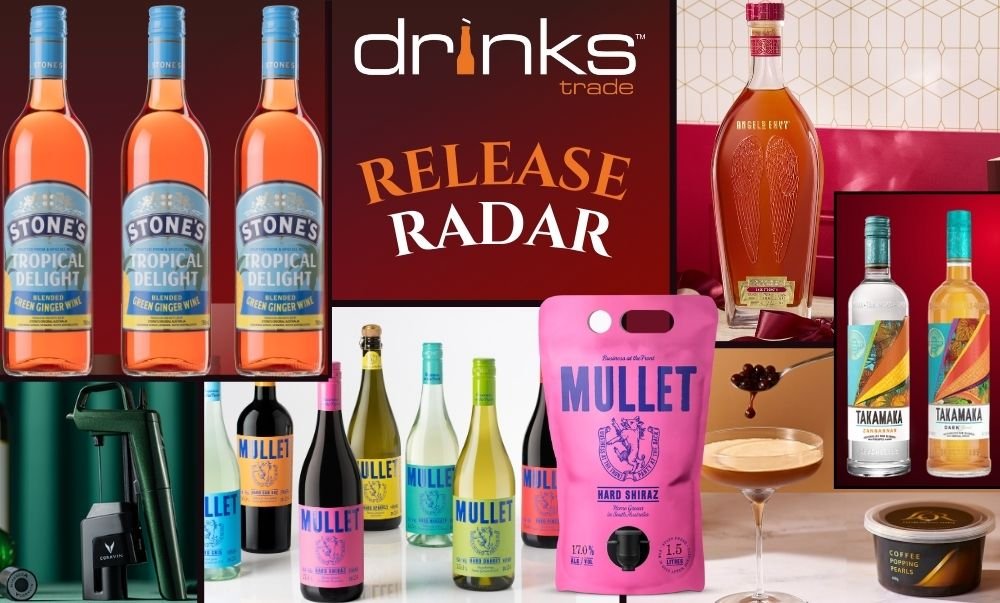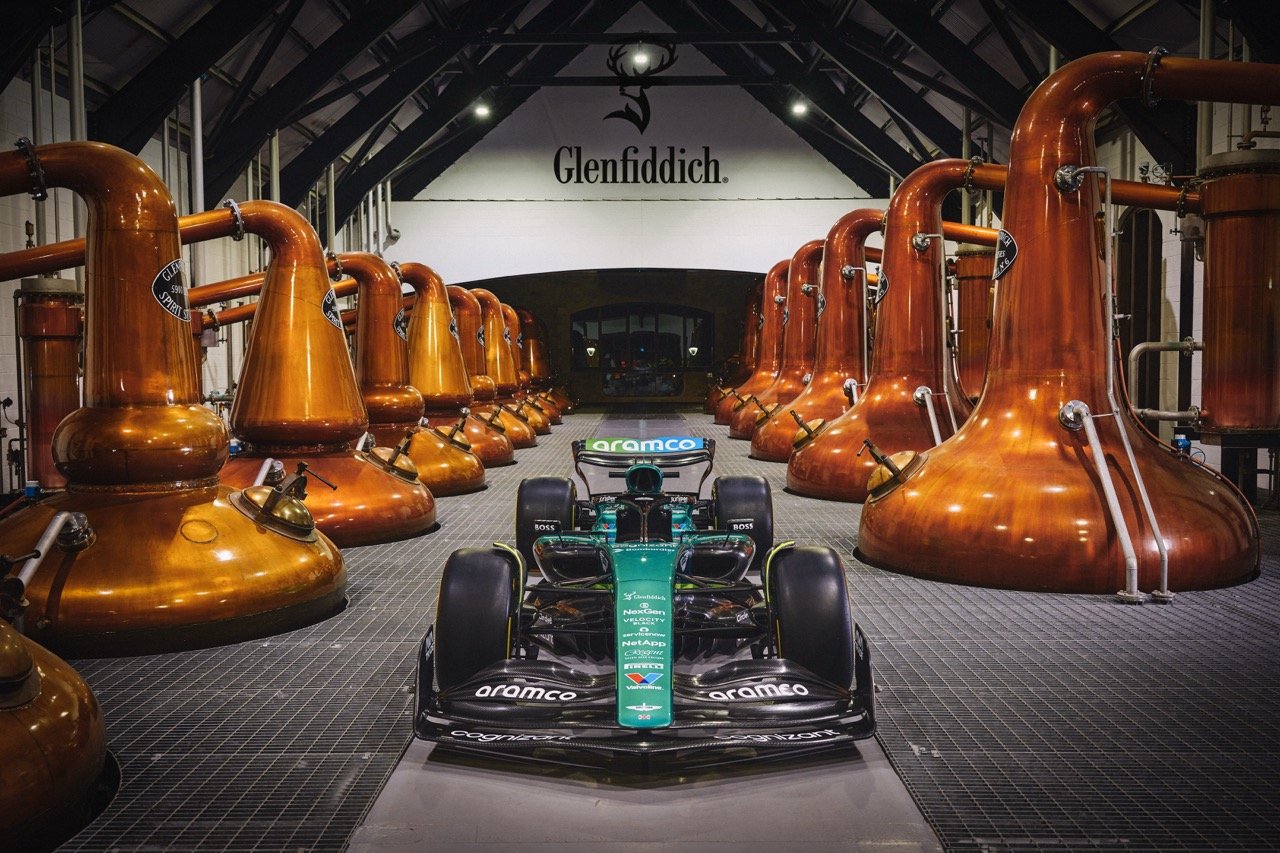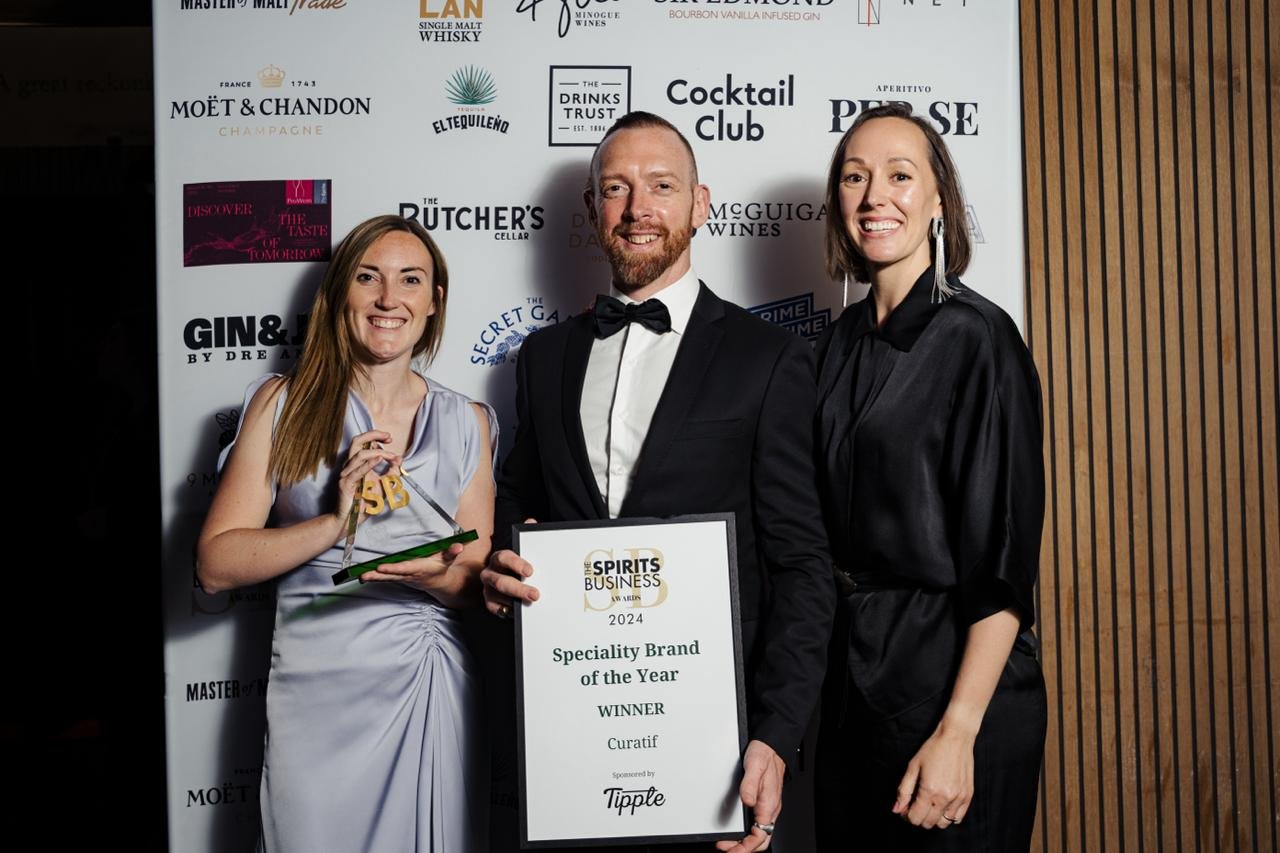Treasury Wine Estates (TWE) will implement cost-cutting measures centred on its division selling wines under $10 a bottle as it shifts focus to the more lucrative luxury market.
Treasury Premium Brands, which includes well-known labels such as Squealing Pig, Wolf Blass, Lindermans, Pepperjack, Wynns, Seppelt and 19 crimes, is the division targeted in the restructure.
Tim Ford, CEO of Treasury Wine Estates, said the changes are in accord with the brand's five-year plan (TWE2025) but have been pushed forward due to changing consumer preferences and economic instability.
"Like any business, we continually assess our structure and cost base to make sure we're in the right position to continue to deliver on our strategy.
"We're now at the halfway point of our five-year strategy and faced with changing consumer preferences and economic uncertainty in major markets, we're reviewing the structure in our Treasury Premium Brands division, as well as some other parts of our business.
"Last week saw the start of a program of work that we'll progress with our teams over the coming weeks," he said.
That 'program of work' is the result of a marked change in consumer spending noted in both domestic and international markets, which TEW said it had observed for some time.
Last month, Wine Australia's Export Report reported that Australian wine exports in all price segments below $10 per litre free on board (FOB) declined in value. In contrast, exports above $10 per litre FOB were stable during the year, at $621 million.
Peter Bailey, Manager of Market Insights at Wine Australia, said: "A large share of exports to traditional markets such as the UK and US are currently in lower priced products, and this therefore impacts export performance. It's a tough export environment for Australian wine."
International research from alcohol industry analysts IWSR, also released in April, found that economic pressures were forcing consumers towards more 'mindful consumption', meaning buying less but better quality wine.
That report found that cutting back on alcohol purchases was the second most popular strategy to save money, especially in countries like the UK, Germany and Australia, where inflation had been on a sharp incline.
In its half-yearly report, released in March, TWE reported 85% of global net sales revenue (NSR) was now from premium and luxury tiers, leading to an accelerated 'premiumisation' of their portfolio.
The report stated: "The long-term growth opportunity in the premium and luxury wine market is significant, and we intend to lead the category, globally."
TWE expects global growth to continue being led by the premium and luxury segments, which are forecast to total $132bn in sales by 2026.
Stay up-to-date with the latest industry news with the Drinks Trade e-newsletter.
Share the content
